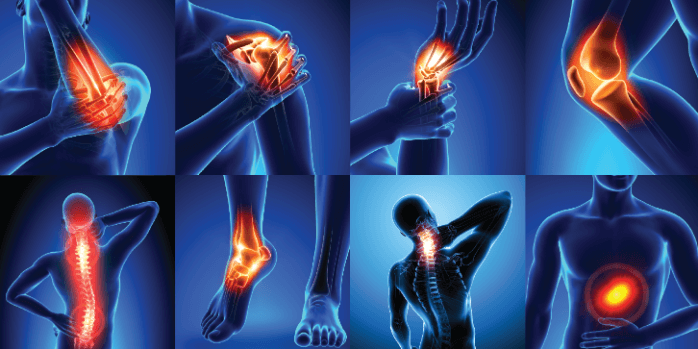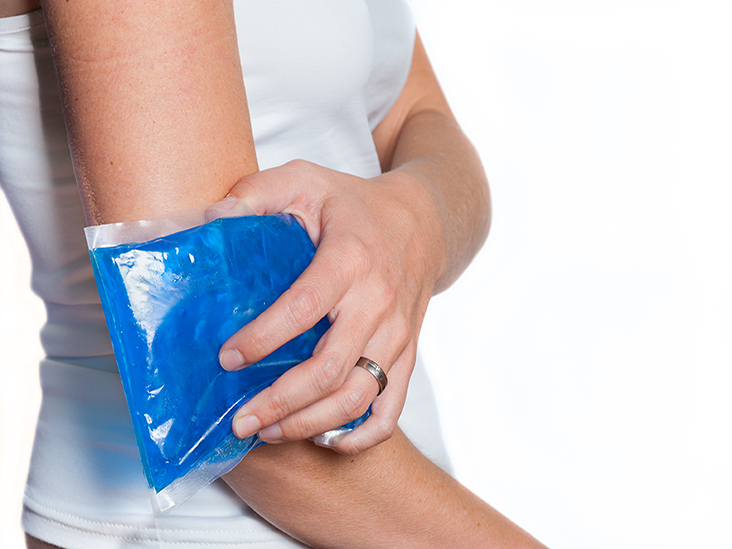Simple Strategies to Alleviate Joint Pains
Joint pains can be a common discomfort, affecting people of all ages. Irrespective of whether it stems from aging, injury, or underlying health conditions, attaining relief is crucial for sustaining a high quality of life. Here are some straightforward yet impactful strategies to alleviate joint pain:
While these strategies can provide relief for mild to moderate joint pain, it's essential to consult with a healthcare professional for personalized advice, especially if the pain persists or worsens. Implementing these lifestyle changes can contribute to better joint health and an improved overall quality of life.
1. Maintain a Healthy Weight:
Excess weight puts additional stress on joints, particularly in the knees, hips, and lower back. By maintaining a healthy weight, you can reduce the impact on your joints and alleviate pain.
2. Stay Active with Low-Impact Exercises:
Engage in exercises that are gentle on the joints, such as swimming, walking, or cycling. These activities help improve joint flexibility, strengthen supporting muscles, and reduce pain.
Cold packs can help reduce inflammation and numb pain, while heat packs can alleviate stiffness and improve blood circulation. Alternate between cold and heat therapy for optimal relief.
Certain supplements, such as glucosamine and chondroitin, may help support joint health. Seek advice from a healthcare professional before incorporating any supplements into your regimen.
Gentle stretching and yoga can improve flexibility and reduce joint pain. Focus on movements that enhance joint mobility and flexibility, avoiding positions that may strain the joints.
6. Maintain Good Posture:
Poor posture can contribute to joint pain, especially in the neck, shoulders, and back. Be mindful of your posture while sitting, standing, and walking to alleviate unnecessary stress on your joints.
7. Use Assistive Devices:
Supportive devices such as braces, canes, or orthopedic footwear can help reduce joint strain and provide additional stability, especially during weight-bearing activities.
Proper hydration is essential for joint health. Water helps lubricate joints and supports the cushioning effect of cartilage. Strive to maintain proper hydration by consuming a sufficient amount of water throughout the day.
Incorporate omega-3 fatty acid-rich foods like fish, flaxseeds, and walnuts into your dietary choices. These foods possess anti-inflammatory properties that may help reduce joint pain.
Adequate and restful sleep is crucial for overall health and well-being, including joint health. Ensure you have a comfortable mattress and practice good sleep hygiene for optimal recovery.
While these strategies can provide relief for mild to moderate joint pain, it's essential to consult with a healthcare professional for personalized advice, especially if the pain persists or worsens. Implementing these lifestyle changes can contribute to better joint health and an improved overall quality of life.






.png)
Comments
Post a Comment